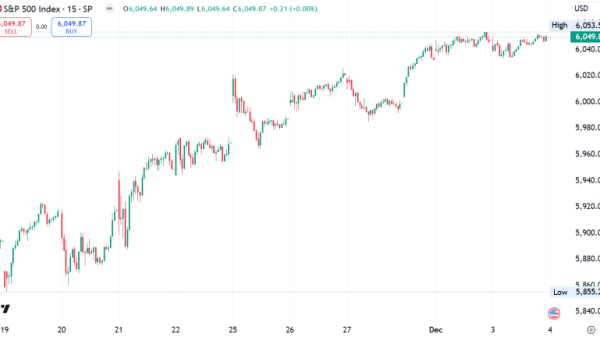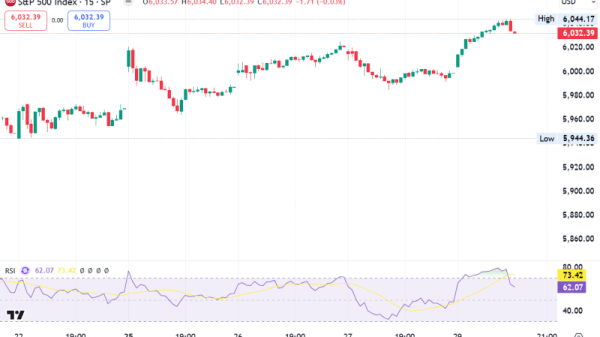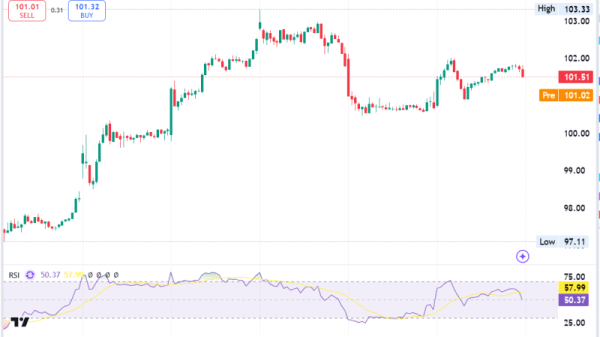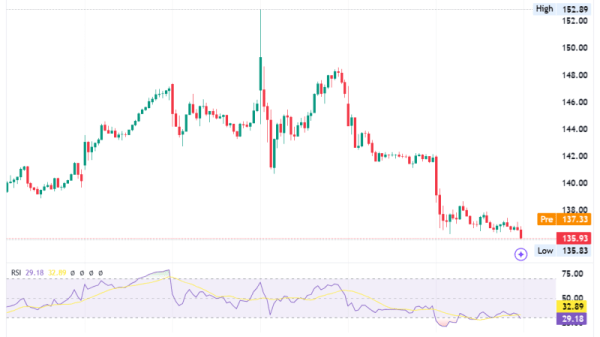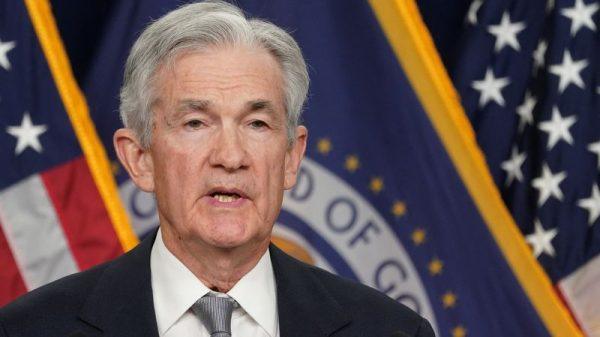By Aditya Kalra
NEW DELHI (Reuters) – India’s antitrust body has asked the Supreme Court to hear legal challenges to an investigation of Amazon (NASDAQ:AMZN) and Walmart (NYSE:WMT)’s Flipkart e-commerce platforms, saying those challenges, filed by Samsung (KS:005930), Vivo and others at Indian high courts, were aiming to scuttle the probe.
In a filing on Dec. 3, reviewed by Reuters and not released publicly, the Competition Commission of India asked the court to hear 23 challenges, filed by Samsung, Vivo, and several vendors on the Amazon and Flipkart platforms, to enable the case to be decided quickly.
Amazon declined to comment, while Flipkart, Samsung, Vivo and the competition commission did not respond to requests for comment.
The investigation is a major regulatory challenge for Amazon and Flipkart in a market where e-commerce sales are set to exceed $160 billion by 2028, up from $57 billion to $60 billion in 2023.
The commission’s investigation unit concluded in August that Amazon and Flipkart breached India’s antitrust laws by favouring selected sellers on their websites. It also found that smartphone companies such as Samsung and Vivo broke those laws by colluding with the two e-commerce companies to exclusively launch products online.
Since the findings, almost two dozen lawsuits across five Indian high courts have been filed by some Amazon and Flipkart vendors, as well as by Samsung and Vivo, to block the investigation as they want to “debilitate and scuttle” the process, the commission said.
The separate lawsuits, if allowed, “will lead to absurdity since it will interfere with the flexibility of the (commission’s) Director General to carry out investigation in any matter.”
Amazon and Flipkart have faced criticism from smaller retailers for years over their business practices, saying they have suffered due to deep discounts and preferential treatment meted out by the platforms.
Amazon and Flipkart deny any wrongdoing.
A Reuters investigation in 2021, based on Amazon internal documents, found the company gave preferential treatment for years to a small group of sellers and used them to bypass Indian laws.
The current commission investigation started back in 2020 but has faced many delays.
Most of the 23 lawsuits filed across India in the latest challenge to the case accuse the commission of not following due process during its investigation.
The commission’s filing asking for the 23 cases to be transferred to the Supreme Court is likely to be heard this week, a lawyer familiar with the proceedings said.

